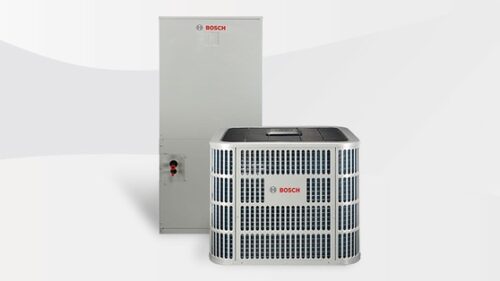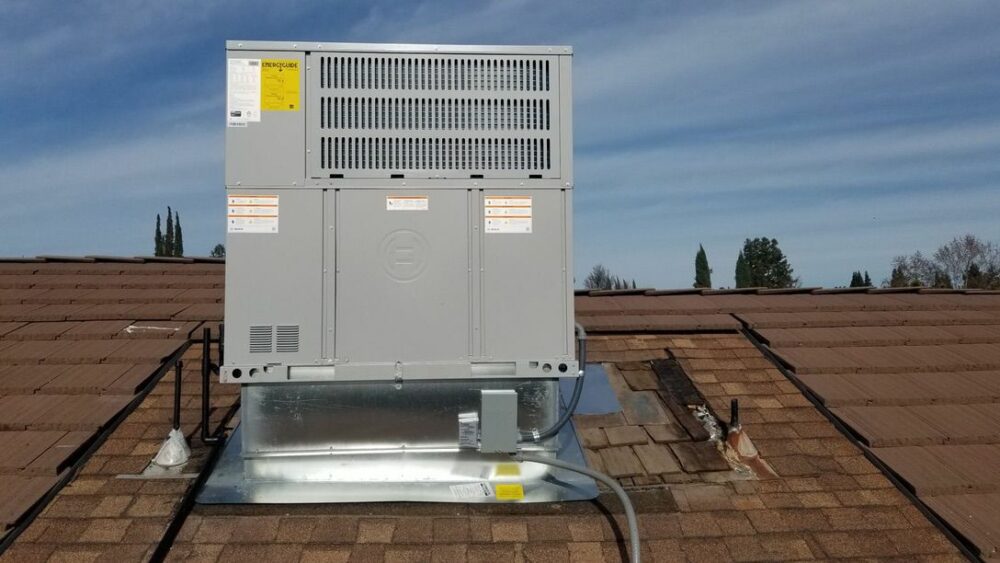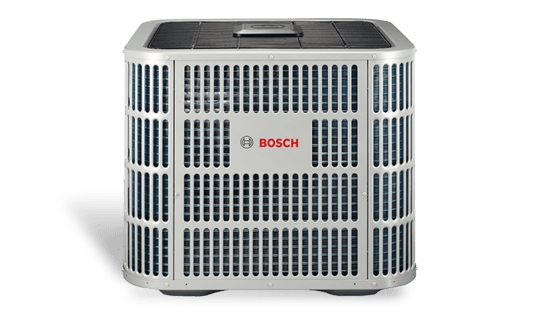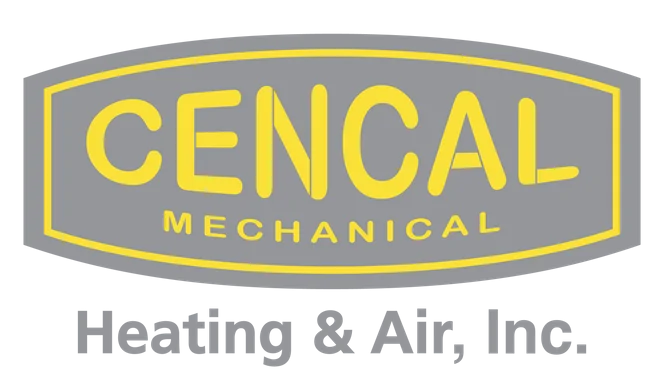Advice For Homeowners, Air Conditioner Tips
Adding a heat pump to your home can save you money on your air conditioning bills—but how? Find out here with a detailed breakdown of how these two systems work together to make homes throughout the Central Valley more energy efficient, courtesy of the team at Cencal Mechanical Heating & Air.

Staying cool in the spring and summer is a challenge for many Central Valley residents, since running the air conditioner constantly can quickly become expensive. What many people don’t know is that supplementing your AC with a heat pump can actually bring your cooling costs down significantly, making it much more cost-effective to stay comfortable throughout the hottest months of the year.
Modern heat pumps use less energy than central air conditioners, but can still reduce your indoor temperature significantly—letting you save the AC for those hot days when you really need it (and save money in the long run). Learn more below from our experienced HVAC technicians about how you can use a heat pump to make your home more comfortable and energy-efficient at the same time.

How Does a Heat Pump Work?
Like central air conditioners, heat pumps use refrigerant to move heat from one area to another. Unlike air conditioners, however, heat pumps can also reverse this process to move heat from the outside into your home and raise the temperature, which means they provide both heating and cooling capabilities.
When your heat pump is in cooling mode, it goes through the following steps:
- Refrigerant enters the compressor as a low-pressure gas
- The compressor squeezes the refrigerant to raise its pressure and increase its temperature
- The refrigerant enters the condenser, where it releases its heat to the outdoors and becomes a high-pressure liquid
- The liquid refrigerant moves to the expansion valve where its pressure is released—causing its temperature to drop even further
- The refrigerant reaches the evaporator where it absorbs heat from inside the home and vaporizes into a low-pressure gas
- As a low-pressure gas, the refrigerant enters the compressor and begins the cycle again
Why Heat Pumps Use Less Energy than Air Conditioners
The steps described above are the same basic tasks that your central air conditioner performs—but heat pumps use less energy. Here’s why:
- Using a heat pump to provide heating and cooling with the same system uses much less energy than switching back and forth between separate heating and cooling equipment. This is because most of the energy furnaces and air conditioners use is spent while they’re starting up.
- Heat pumps are often designed with variable-speed compressors, allowing them to operate at lower speeds than air conditioners. This means they can more accurately match their output to your home’s cooling needs and reduce energy waste.
- Our heat pumps also come with WiFi-enabled smart thermostats, which can further enhance energy efficiency by automatically adjusting your equipment to maintain optimal comfort levels in your home.

The Benefits of Heat Pumps for Homeowners
The convenience and energy efficiency heat pumps offer results in numerous benefits for homeowners. Here are a few of the clearest:
Reduce Your Carbon Footprint
High-efficiency heat pumps use up to 60% less energy than conventional central HVAC systems, according to the California Energy Commission. This translates into a reduction of over 5,500 lbs in greenhouse gas emissions every year.
Lower Your Monthly Utility Bills
Using less energy also means paying less each month to cool your home. Based on the numbers above, an average California homeowner could save $1000 on cooling annually with a heat pump—or ~$83 per month. Bear in mind that savings for individual households will vary depending on specific usage habits.
Qualify for Rebates & Incentives
Heat pumps qualify for several rebates and incentive programs that can offset their installation and maintenance costs. For example, you can get a 30% federal tax credit up to $2000 for new heat pump installations that meet the requirements of the Consortium for Energy Efficiency (CEE).

Heat Pump Best Practices
High-efficiency heat pumps provide comparable cooling power to most central air conditioning systems while offering better energy efficiency, so replacing your AC with a new heat pump can be a smart move. Adding a heat pump and keeping your air conditioner is also an option—using the heat pump to supplement your AC on the hottest days of the year is a much more efficient way to cool off than simply pushing your air conditioner to its limits.
Here are some other tips for making the best possible use of your heat pump:
Usage & Maintenance Tips
- Combine your heat pump with a WiFi-enabled smart thermostat to ensure its output is always consistent with your cooling needs (our heat pumps come with these by default).
- Clean or replace your heat pump’s air filter on a monthly basis.
- Keep your doors and windows closed when running your heat pump to prevent hot air from entering.
- Use curtains to stop direct sunlight from entering your home through windows and warming the interior.
- Have your heat pump professionally serviced twice a year (we recommend once in the spring and once in the fall). Our team can diagnose any problems with your heat pump and present you with solutions to ensure its energy efficiency throughout the year’s warmest months.
Using a Heat Pump for Cost-Effective Cooling
While heat pumps aren’t normally effective replacements for central air conditioners in California, they make an excellent way to reduce the amount of energy it takes to cool your home on all but the hottest days of the year. The savings a heat pump provides can easily pay off their installation costs in just a few years, providing you and your family with more income each month.
Contact Cencal Mechanical Heating & Air to learn more about the benefits of installing a heat pump in your home. We’ll be happy to recommend equipment based on your home’s specific cooling needs and provide you with a quote to help you make an informed decision about your comfort.
